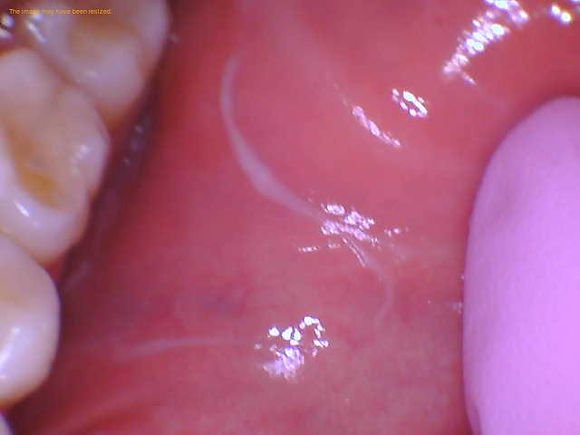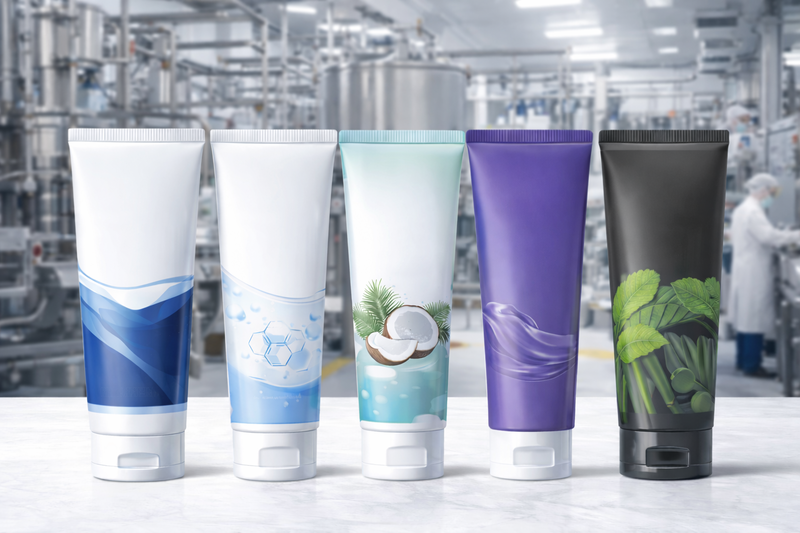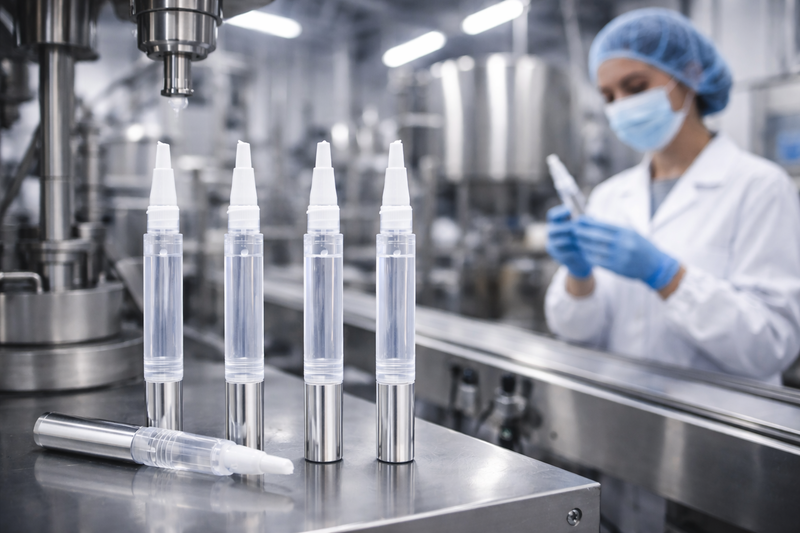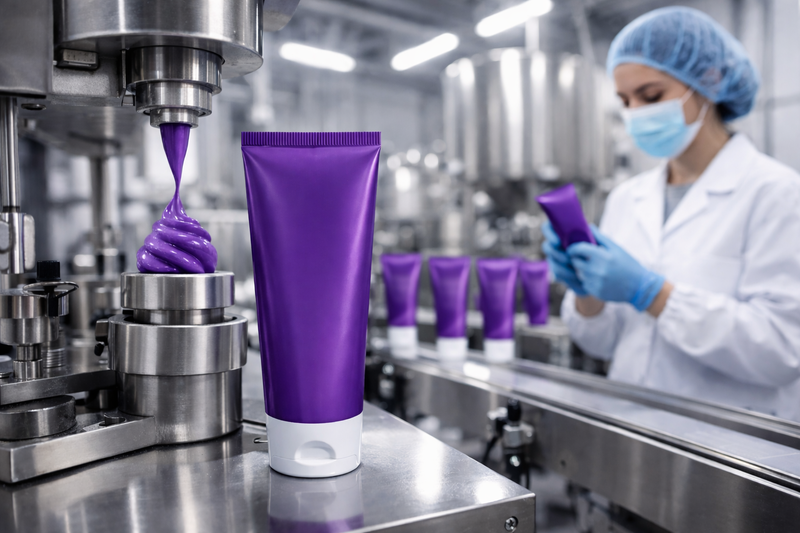Mouthwash Slime: Causes and How to Fix It
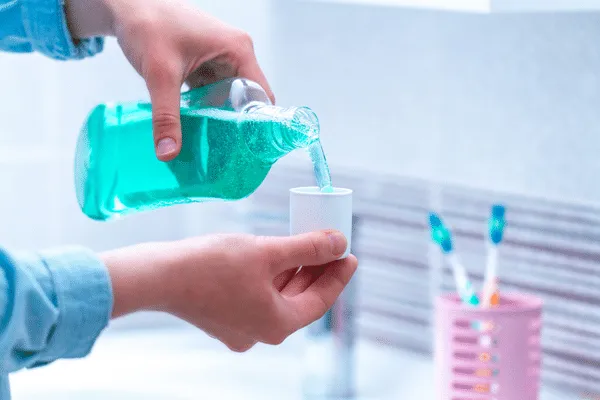
Have you ever experienced long, thick slime from your teeth after using mouthwash? If so, you’re not alone. This strange phenomenon can be off-putting and might leave you wondering if something’s wrong with your oral hygiene routine. But don’t worry; we’re here to unravel this mystery and give you practical advice.
What Is the Long Thick Slime?
So, what exactly is this slime? After rinsing with mouthwash, some people notice a gelatinous, stringy substance clinging to their teeth and gums. It’s not saliva and certainly not something you’d expect after using a product designed to freshen your breath. This substance is often a mix of saliva, mucus, and other oral residues that have reacted with the ingredients in your mouthwash.
Possible Causes
Mucus Production
Your mouth naturally produces mucus, which helps lubricate and protect your oral tissues. Sometimes, especially after using certain mouthwashes, this mucus can mix with other elements in your mouth, forming the thick slime you notice.
Mouthwash Ingredients
Not all mouthwashes are created equal. Some contain ingredients like alcohol, which can react with your saliva or mucus, forming that thick, slimy residue. It’s also possible that certain chemicals in the mouthwash are causing a reaction that results in this unpleasant side effect.
Oral Hygiene Practices
Believe it or not, how you brush and floss can contribute to this issue. If you don’t thoroughly remove all food particles and plaque, these can combine with your mouthwash, creating the slimy texture you’re experiencing.
The Science Behind the Slime
Interaction of Mouthwash and Saliva
When mouthwash interacts with saliva, especially if it’s particularly thick or dense, the two can combine to form a gel-like substance. This is more common with mouthwashes that contain high levels of alcohol or antiseptic solid agents.
Bacteria and Biofilm Formation
Bacteria in your mouth aren’t just sitting idly by—they’re constantly forming biofilms, protective layers that can feel slimy. When you use mouthwash, it may dislodge or interact with these biofilms, causing them to become more apparent as a thick residue.
Impact of pH Levels
The pH level in your mouth plays a significant role in how your saliva behaves. If your mouthwash alters the pH balance, it might cause mucus to thicken or become more noticeable, leading to that slimy sensation.
Is It Harmful?
You may be wondering if this slime is something to worry about. Generally, it’s not harmful, but it can be a sign that your mouthwash isn’t the best fit for you. If the slime is persistent or accompanied by other symptoms like irritation or bad breath, it might be time to reconsider your oral care routine or consult a dentist.
How to Prevent It
Choosing the Right Mouthwash
The first step in prevention is selecting a mouthwash that suits your needs. Look for alcohol-free options or those specifically designed for sensitive mouths. These are less likely to cause the reaction that leads to slime.
Adjusting Your Oral Hygiene Routine
Make sure you brush and floss correctly. This means reaching all areas of your mouth and removing as much plaque and debris as possible before using mouthwash. The cleaner your mouth is before rinsing, the less likely you will experience slime.
Staying Hydrated
Sometimes, dehydration can thicken saliva, which might contribute to slime formation. Drinking plenty of water helps keep saliva thin and mouth clean, reducing the likelihood of slime after mouthwash.
How to Get Rid of the Slime
Rinsing Your Mouth with Water
If you find slimy residue after mouthwash, a simple water rinse can help—swish water around your mouth to break up the slime and wash it away.
Using a Tongue Scraper
A tongue scraper can be an effective tool for removing residual slime. Gently scraping your tongue after rinsing with mouthwash can help clear any lingering mucus or biofilm.
Switching Mouthwash Brands
If this is a recurring issue, consider switching to a different mouthwash. There are many formulas out there, and it might take some experimentation to find one that doesn’t cause slime formation.
Common Myths
Is It a Sign of Poor Hygiene?
No, slime after mouthwash isn’t necessarily a sign of poor hygiene. It can happen even if you have excellent oral hygiene. It’s more about how your mouth interacts with the ingredients in your mouthwash.
Can It Lead to Tooth Decay?
The slime itself isn’t harmful and doesn’t directly cause tooth decay. However, if it indicates poor oral hygiene or prevents you from effectively cleaning your mouth, it could contribute indirectly over time.
When to See a Dentist
If the slime is persistent, uncomfortable, or has other symptoms like irritation, bad breath, or sensitivity, it’s a good idea to consult a dentist. They can assess your oral health and recommend the best course of action.
Try Lidercare Now!
We Help You Launch New Products, And Continue To Grow. Try Us With 20% Off Your First Order!
Conclusion
Experiencing long, thick slime after using mouthwash can be a nuisance, but it’s usually harmless. Understanding the causes and taking steps to prevent it can help you maintain a clean and comfortable mouth. You can minimize or eliminate this issue by choosing the right products and adjusting your oral care routine.
FAQs
What causes thick slime in the mouth after using mouthwash?
The slime is often caused by a reaction between the mouthwash ingredients and your saliva or mucus, resulting in a thick, gel-like substance.
Is the slime harmful to my teeth?
Generally, the slime isn’t harmful, but it can indicate that your mouthwash isn’t the best fit for you.
How can I prevent slime from forming after mouthwash?
Choose an alcohol-free mouthwash, maintain a thorough oral hygiene routine, and stay hydrated to reduce the chances of slime formation.
Should I stop using mouthwash if I notice slime?
Not necessarily. You might need to switch to a different brand or type of mouthwash that better suits your oral chemistry.
Can a dentist help with this issue?
Yes, if the problem persists, a dentist can offer advice on the best mouthwash for you and check for any underlying oral health issues.
Table of Contents
Awesome! Share to:
Latest Blog Posts
Check out the latest industry trends and take inspiration from our updated blogs, giving you a fresh insight to help boost your business.

